T4K3.news
Trade truce extended
U.S. and China extend trade truce for 90 days to allow more talks and avoid immediate tariff escalation.
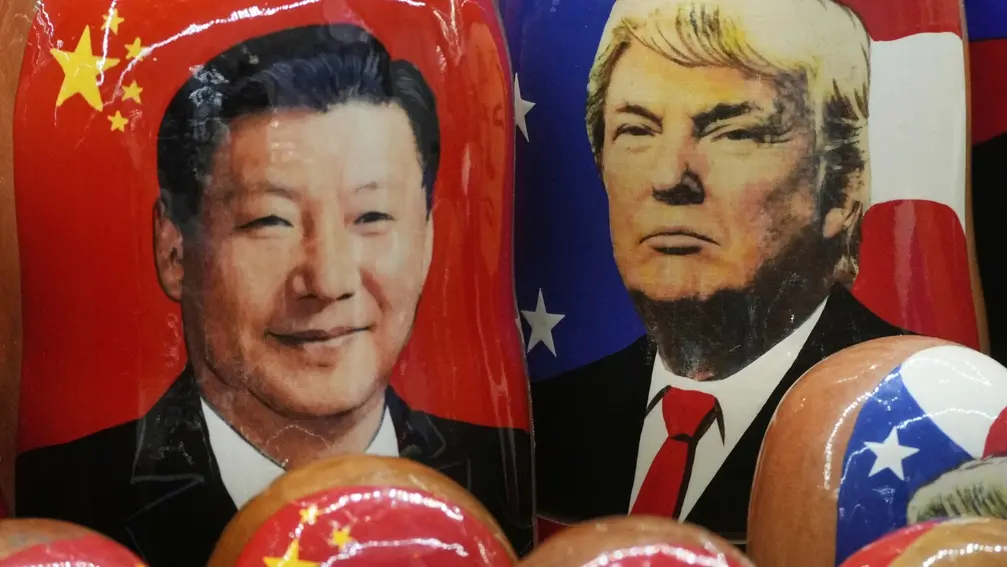
The extension keeps tariffs paused for another 90 days, buying time for talks while core disputes linger.
US and China extend trade truce another 90 days easing tension between world's largest economies
President Donald Trump extended the 90-day pause on new tariffs with China for another three months, signing the order that keeps the current tariff levels in place. Beijing also announced the extension of its tariff pause via Xinhua. The extension pushes back a fresh decision on tariffs that could have increased the U.S. 30% levy on Chinese imports and retaliatory costs on American goods. The move aims to avoid a sudden escalation and keep room for negotiation as leaders consider a possible summit later this year.
The extension is welcomed by U.S. companies doing business with China, and analysts say it reduces near-term risk while allowing more time to address long-standing issues. Industry voices highlight the need for greater market access in China and a clearer path for U.S. energy and agriculture exports. Yet the unresolved topics remain sharp, including intellectual property protections, government subsidies, and access to rare earth materials that underpin many modern technologies.
Key Takeaways
"The U.S. has realized it does not have the upper hand"
Claire Reade, senior counsel at Arnold & Porter and former assistant U.S. trade representative for China affairs
"extension is critical to give the two governments time to negotiate a trade agreement that U.S. businesses hope would improve their market access in China and provide the certainty needed for companies to make medium- and long-term plans"
Sean Stein, president of the U.S.-China Business Council
"By overestimating the ability of steep tariffs to induce economic concessions from China, the Trump administration has not only underscored the limits of unilateral U.S. leverage, but also given Beijing grounds for believing that it can indefinitely enjoy the upper hand in subsequent talks with Washington by threatening to curtail rare earth exports"
Ali Wyne, International Crisis Group
"The trade war will continue grinding ahead for years into the future"
Jeff Moon, former U.S. diplomat and trade official
The pause signals a strategic shift from brinkmanship to bargaining. It lowers the immediate risk of a tariff shock, but it also prolongs a stalemate that has persisted for years. By delaying a broader bargain, the administration risks pushing the most difficult asks to a later date, with markets and firms hoping for concrete gains in market access and steadier supply chains.
Analysts caution that a wider deal will require concessions on IP protection and state-driven subsidies, areas where Beijing has historically resisted full transparency. The discussion may hinge on whether both sides can accept partial wins now while laying groundwork for deeper reforms later. The question is whether a longer-term détente can translate into structural changes or simply a temporary pause amid ongoing rivalry.
Highlights
- Time buys room for talks not a victory
- Tariffs slowed the drum but did not rewrite the score
- A real deal must go beyond a pause and touch IP and subsidies
- Markets breathe easier for now but the feud isn't over
Political and economic risk from extended truce
The 90-day extension postpones a decision on core issues while keeping tariffs as leverage, creating ongoing uncertainty for investors and industries. If no broader deal emerges, markets and sectors exposed to tariffs could face renewed pressure and backlash.
The next moves will show if a wider, lasting pact is possible.
Enjoyed this? Let your friends know!
Related News
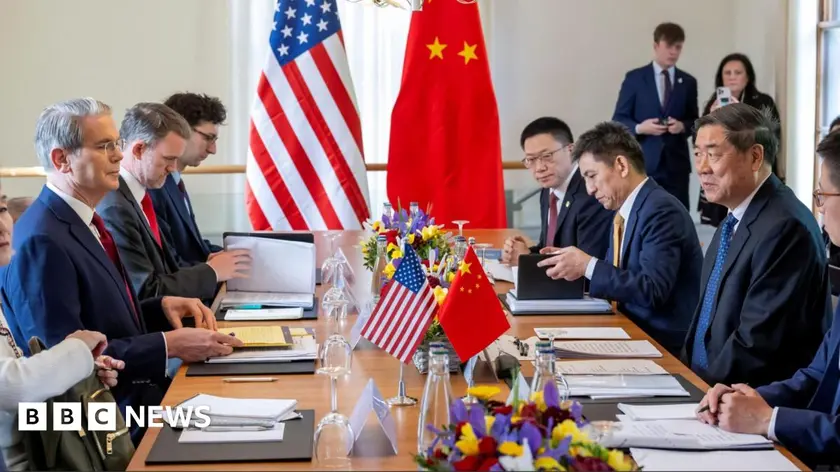
US and China prepare for new trade discussions
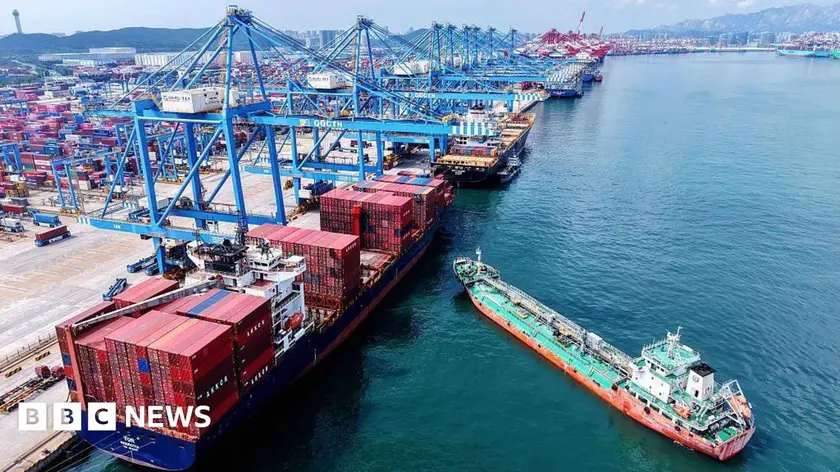
Tariff extension extended
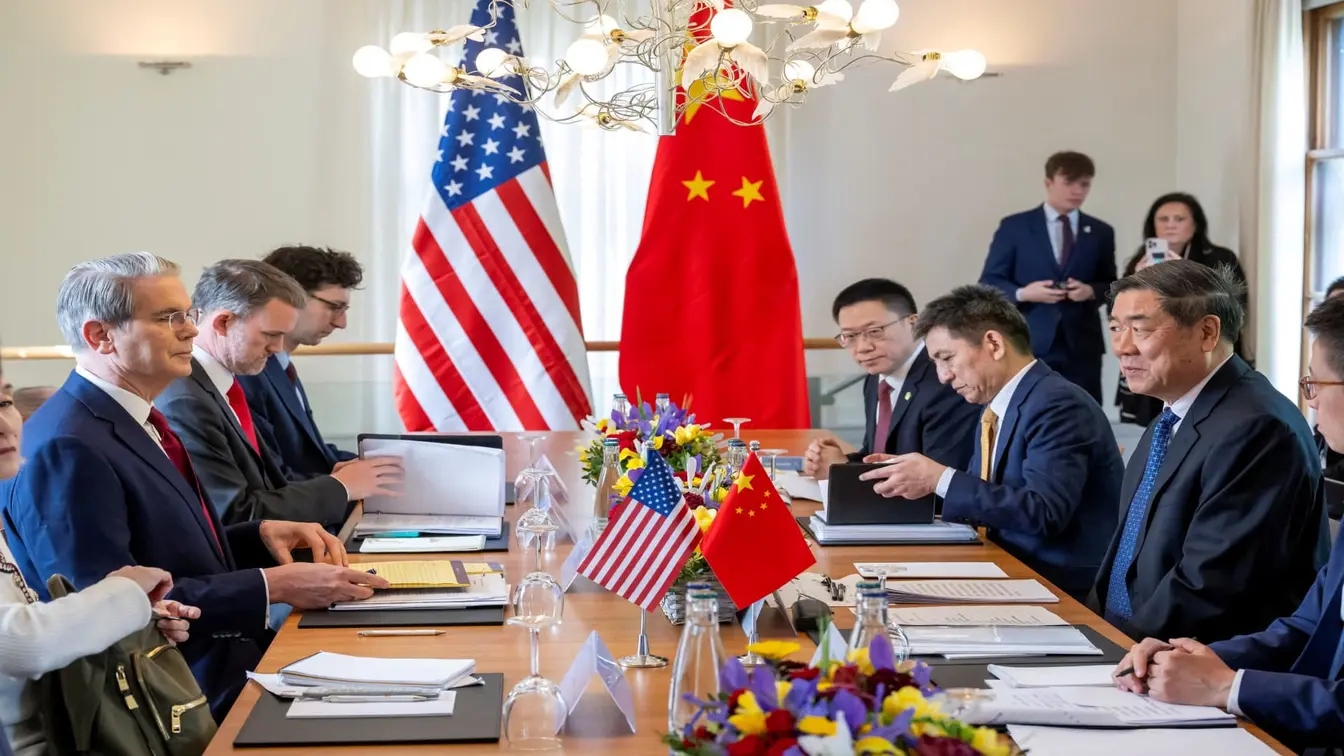
U.S. and China meet to discuss trade tariffs

Markets Rally on Trump Chip Sales Easing
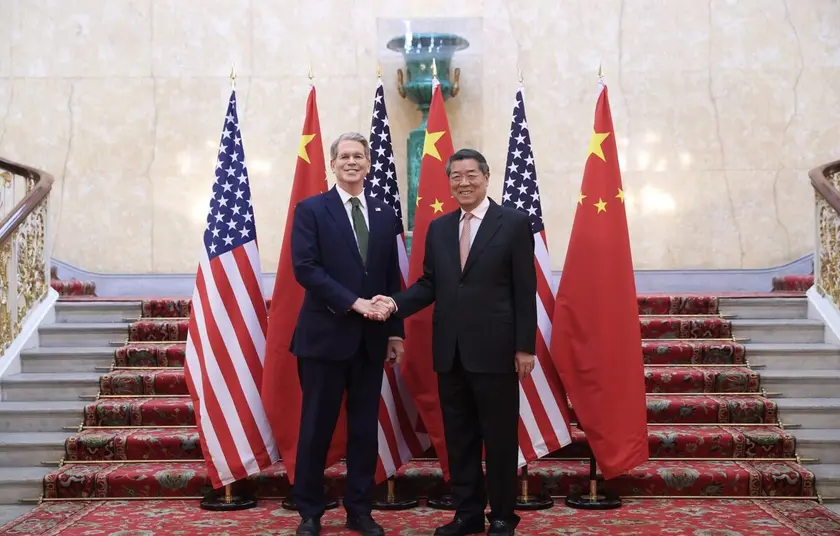
US and China Negotiators Meet in Stockholm

Asian markets rise on US-China tariff truce

Markets mixed ahead of tariff deadline

China's manufacturing sector contracts in July
